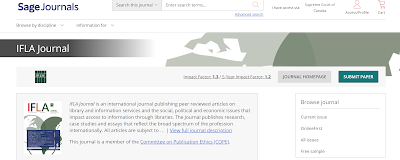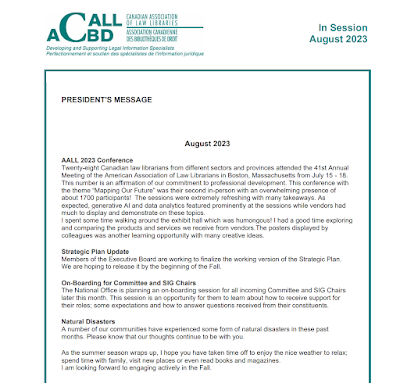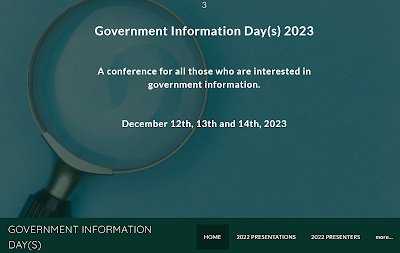Implications of AI Policies for Libraries
The IFLA Journal has just published an article on AI policies across the globe: Implications and recommendations for libraries that analyzes how libraries might be affected by the artificial intelligence policies of the USA, UK, European Union, Canada, and China:
"As artificial intelligence revolutionizes library operations, it presents complex challenges, such as ethical dilemmas, data privacy concerns, and equitable access issues. The article highlights key themes in these policies, including ethics, transparency, the balance between innovation and regulation, and data privacy. It also identifies areas for improvement, such as the need for specific guidelines on mitigating biases in artificial intelligence systems and navigating data privacy issues. The article further provides practical recommendations for libraries to engage with these policies and develop best practices for artificial intelligence use. The study underscores the need for libraries to not only adapt to these policies but also actively engage with them, contributing to the development of more comprehensive and effective artificial intelligence governance."
The author is Leo S Lo, College of University Libraries and Learning Sciences, University of New Mexico.
Labels: IT trends










